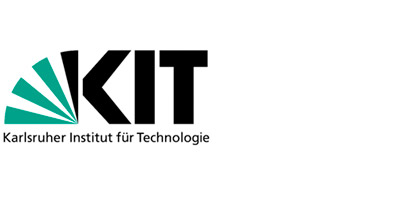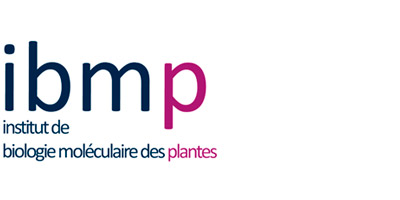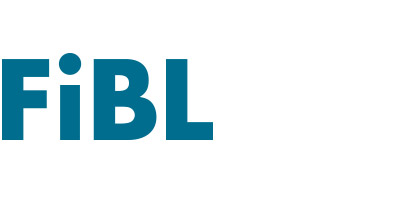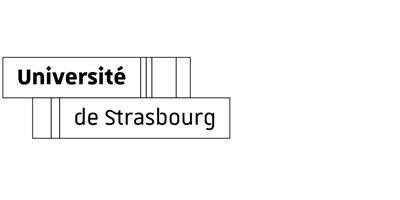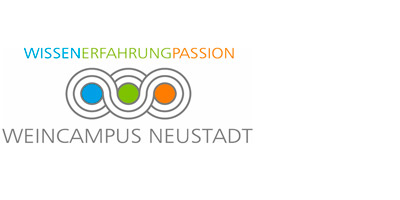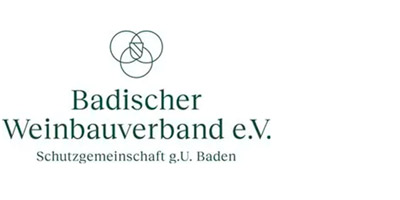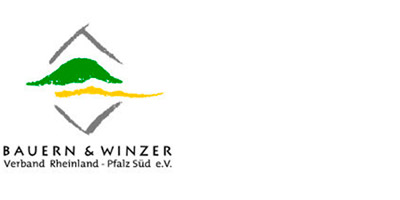Our mission
Climate change brings new challenges for agriculture and society, also in our region, the Upper Rhine. Even for viticulture, this has become a problem, although our grapevines, with their deep roots are actually well prepared for the summer, at least better than many other plants. However, the new dimensions of heat and drought put even our vines in a quandary: to reduce the loss of water, they close their stomata. In doing so, however, they also lose the possibility to lower the leaf temperature to such an extent that photosynthesis remains viable. The leaves heat up and the finely tuned balance of photosynthetic processes runs out of control, creating reactive oxygen species, causing irreversible damage to the cells. The leaves turn brown and eventually fall off - the damage caused by this phenomenon known as "sunburn" in viticulture has turned into an increasing problem.
Here we start. With our research network "KliWiReSSE - climate-resilient grape varieties to secure the yield" we are looking for new ways to safeguard viticulture against the consequences of climate change. We ask the progenitor of our vines, the almost extinct Wild European Grapevine, for help. Here, we are looking for genes that help cope with heat, UV and drought stress, such that we can later cross them into cultivated vines. State-of-the-art technologies such as automated microscopy systems, non-targeted metabolomics or double haploidisation are used. The ultimate goal are KliWi vines (for climate-resistant), which should expand the success story of the PiWi vines (for fungus-resistant), which were also developed in our region. At the same time, science-based profiles of their climate resilience are to be developed for the rootstock and yield varieties occurring in the region, such that winegrowers can adapt when new vineyards are planted.
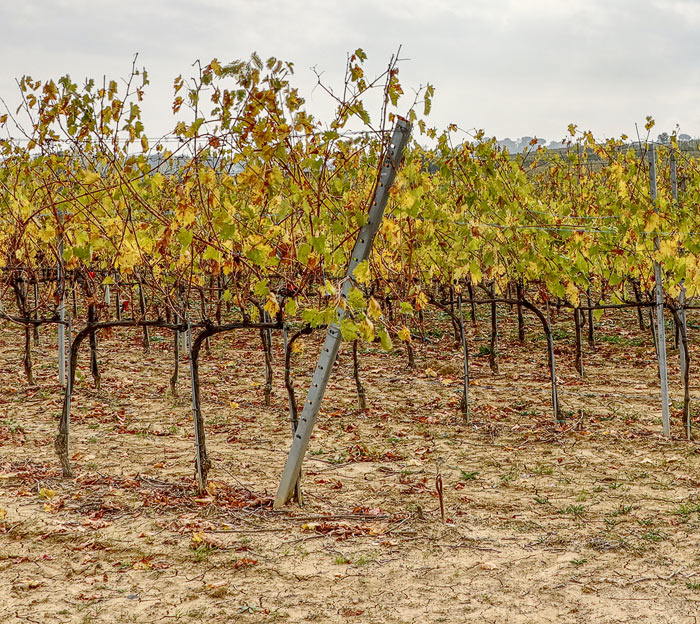
Science & Research
Scientific portraits
Climate Resilience of several grapes
The choice of rootstock and scion in a new site shapes the fate of the vineyards over the decades to come. This decision needs to progressively consider climate resilience, because hot and dry summers, but also extreme temperature shifts in spring and heavy rains will become more frequent. One objective of Kliwiresse is science based evaluations of climate resilience. To render these results accessible for practical application, we have developed a catalogue, where the grapevine varieties investigated by us are portrayed brief, concise and accessible for the general public with respect to climate resilience.
How do we work? Determination of heat tolerance
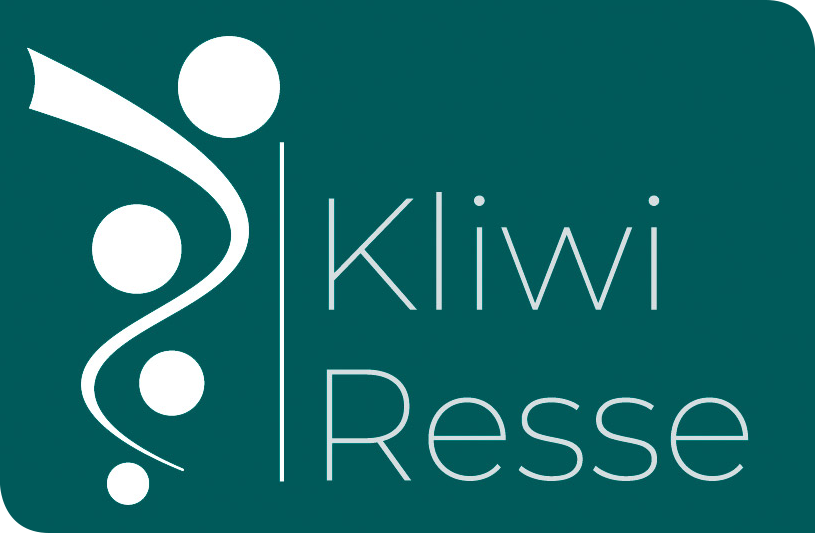

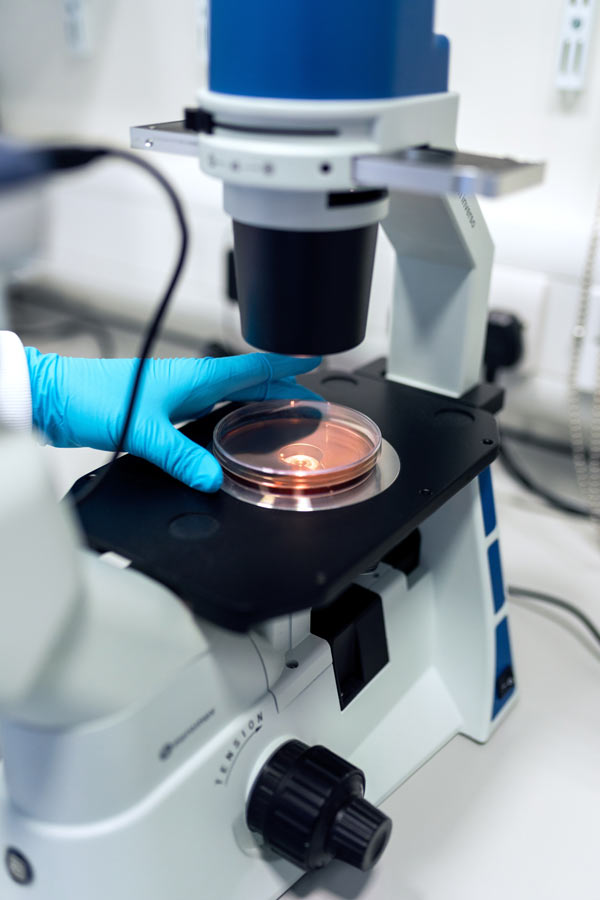 In order to breed resilient grapevines, one first needs to find genes for resilience. We search those in the European Wild Grapevine, the ancestor of our domesticated grapevine varieties. The last significant population in Central Europe for this endangered species lives in the alluvial forests of the Upper Rhine, on the Ketsch penninsula, between Karlsruhe and Mannheim. To search these genes, we use cutting-edge technologies: an automised microscopy system that allows tracking and measuring the stress responses of numerous cells simulteaneously (ScreenSYS, Freiburg), a metabolomics platform to follow stress-induced changes of metabolism (CNRS-IBMP, Strasbourg), and a genome database, where the entire genomic information of this wild Grapevine population is deciphered and organised (KIT-BOT, Karlsruhe). The resilience factors located in the wild grapevines are then introduced to commercial varieties. Here, we do not rely neither on genetic engineering, nor on genome editing through CRISPR-Cas. Instead, we will use classical breeding. However, we use modern technology and the knowledge from our research to identify the most promising candidates for breeding among the progenies of these crosses. This approach, termed marker-assisted selection, can accelerate breeding considerably (JKI, Siebeldingen). However, we will also explore completely novel breeding strategies – by double haploidisation (Screen SYS, JKI) we want to regenerated genetically homogenous plants from pollen, such that new traits become manifest much faster – also this, by the way, a procedure not relying on genetic engineering. Our mission is to support sustainable viticulture in our region. Therefore, also the new fungus-resistant (PiWi) varieties, are an important element of our project (FiBL, Frick), by the way also those grapes were developed in our region.
In order to breed resilient grapevines, one first needs to find genes for resilience. We search those in the European Wild Grapevine, the ancestor of our domesticated grapevine varieties. The last significant population in Central Europe for this endangered species lives in the alluvial forests of the Upper Rhine, on the Ketsch penninsula, between Karlsruhe and Mannheim. To search these genes, we use cutting-edge technologies: an automised microscopy system that allows tracking and measuring the stress responses of numerous cells simulteaneously (ScreenSYS, Freiburg), a metabolomics platform to follow stress-induced changes of metabolism (CNRS-IBMP, Strasbourg), and a genome database, where the entire genomic information of this wild Grapevine population is deciphered and organised (KIT-BOT, Karlsruhe). The resilience factors located in the wild grapevines are then introduced to commercial varieties. Here, we do not rely neither on genetic engineering, nor on genome editing through CRISPR-Cas. Instead, we will use classical breeding. However, we use modern technology and the knowledge from our research to identify the most promising candidates for breeding among the progenies of these crosses. This approach, termed marker-assisted selection, can accelerate breeding considerably (JKI, Siebeldingen). However, we will also explore completely novel breeding strategies – by double haploidisation (Screen SYS, JKI) we want to regenerated genetically homogenous plants from pollen, such that new traits become manifest much faster – also this, by the way, a procedure not relying on genetic engineering. Our mission is to support sustainable viticulture in our region. Therefore, also the new fungus-resistant (PiWi) varieties, are an important element of our project (FiBL, Frick), by the way also those grapes were developed in our region.
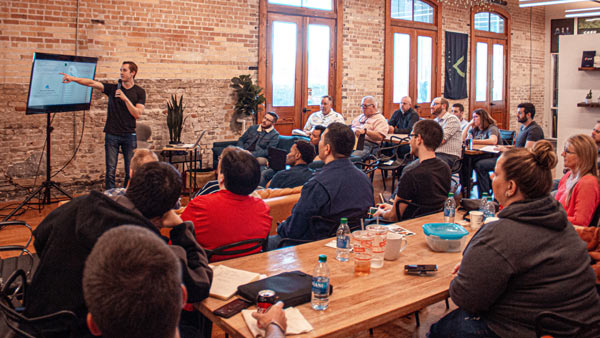 Our research does not target on the proverbial Ivory Tower, but wants to support the adaptation to global climate change. Using our knowledge and our methos, we want to arrive at well-founded statements on the climate resilience of the current varieties and rootstock used in our region. This will be compiled in a resilience catalogue that will help the wine industry to adjust to climate change, when during the establishment of new vineyards, one needs to decide on the suitable varieties. Furthermore, we want to find out through polls, how already now different varieties respond to climate change. Our new format « Wine – Climate – together we shall cope» we want to get winegrowers from both banks of the Rhine to talk to each other, such that practical experience can be exchanged. Our associated partners (Weinbauinstitut Freiburg, Badischer Weinbauverband, Conseil Interprofessionnel des Vins d’Alsace, Bauern- und Winzerverband Rheinland-Pfalz, Weincampus Neustadt, Albert-Ludwigs-Universität Freiburg, Université de Strasbourg) will help us, not only reaching the wine industry in the region, but also the new generation of winegrowers that will take over during the next years, as well as the general public that can see, how scientific cooperation across borders can bear fruit for the entire society in our region.
Our research does not target on the proverbial Ivory Tower, but wants to support the adaptation to global climate change. Using our knowledge and our methos, we want to arrive at well-founded statements on the climate resilience of the current varieties and rootstock used in our region. This will be compiled in a resilience catalogue that will help the wine industry to adjust to climate change, when during the establishment of new vineyards, one needs to decide on the suitable varieties. Furthermore, we want to find out through polls, how already now different varieties respond to climate change. Our new format « Wine – Climate – together we shall cope» we want to get winegrowers from both banks of the Rhine to talk to each other, such that practical experience can be exchanged. Our associated partners (Weinbauinstitut Freiburg, Badischer Weinbauverband, Conseil Interprofessionnel des Vins d’Alsace, Bauern- und Winzerverband Rheinland-Pfalz, Weincampus Neustadt, Albert-Ludwigs-Universität Freiburg, Université de Strasbourg) will help us, not only reaching the wine industry in the region, but also the new generation of winegrowers that will take over during the next years, as well as the general public that can see, how scientific cooperation across borders can bear fruit for the entire society in our region.
